“On the Spot” backs members of Culture on the Edge into a corner to talk about their backgrounds, their ongoing work, and what might be gained by an alternative understanding of how identity works.
 1. When people ask what you study, what do you tell them?
1. When people ask what you study, what do you tell them?
It all depends on, of course, to whom I’m talking. I admit that in the early years I was feeling quite frustrated explaining that what I was doing is not theology, that I’m not searching whether god exists or not, whether there is paradise, and that finishing my studies I would not become a priest or a nun. Yes, these were/are some of the standards questions I will get and I assume many of my colleagues do. Now, knowing full well that this is the reality and that people in general are likely not to have any knowledge of the Religious Studies discipline, I get less disappointed and in fact sometimes I wonder why should they even know. I certainly don’t know a lot about many disciplines and in fact even though I guard myself against my own misconceptions, it is likely that my own experiences or what ever knowledge I have of a particular discipline inform how I understand them or even misjudge them, so I welcome those misconceptions people have of my own discipline as a challenge. So back to the question, although I don’t have a standard answer that I give to everyone, in general in my reply I would explain that Religious Studies is a discipline within the human sciences and therefore interested in people and their behaviors, with a focus on how people use, talk, define, and understand religion and the consequences those usages, definitions, etc. have for them and the world around them. Then I would go into the more specifics, that is, how my data (the things I’m studying) relate to ancient and modern Greece and that in my research I’m interested in the way both scholars and people define religion (that is, how they understand religion) and how those definitions inform understandings of both the ancient and modern world (I might even give an example or two). If I see interest then I would explain that definitions whether of religion or any other term are one among many acts by which people come to identify themselves and understand, even construct, the world around them. Hashtag REL100. Continue reading “On the Spot with Vaia Touna”



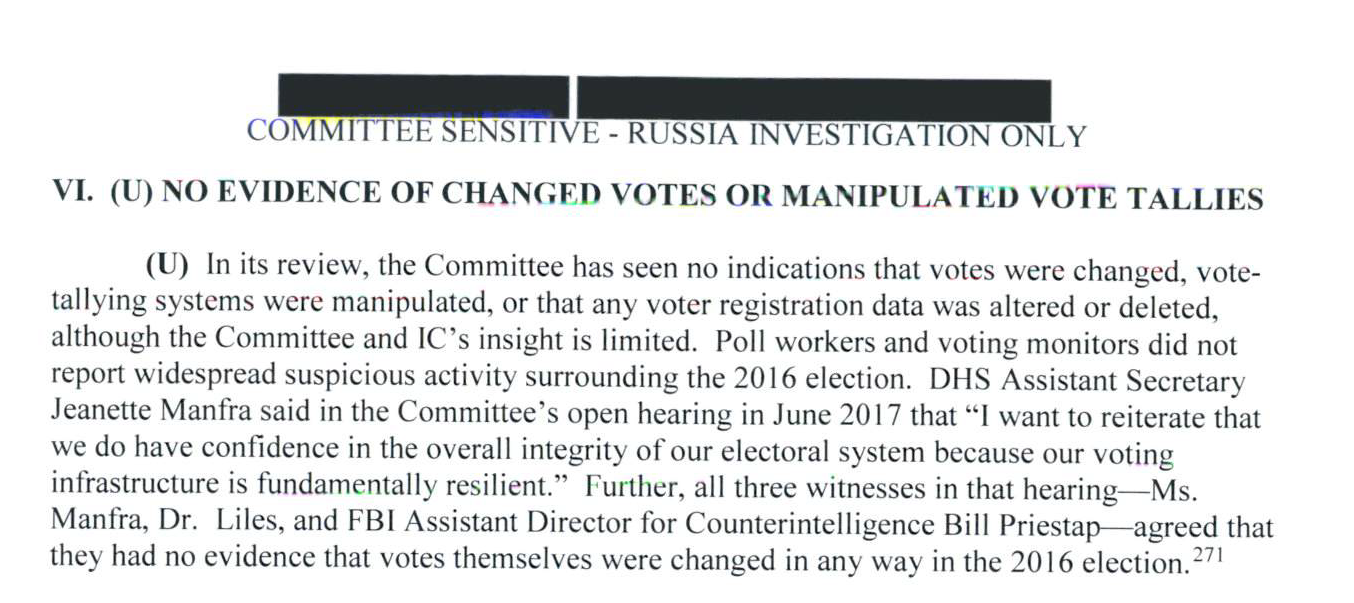
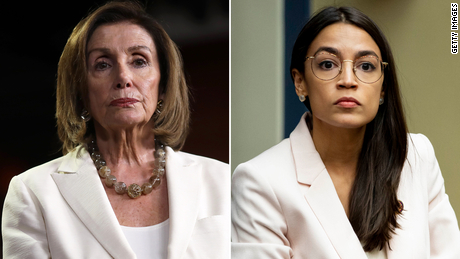
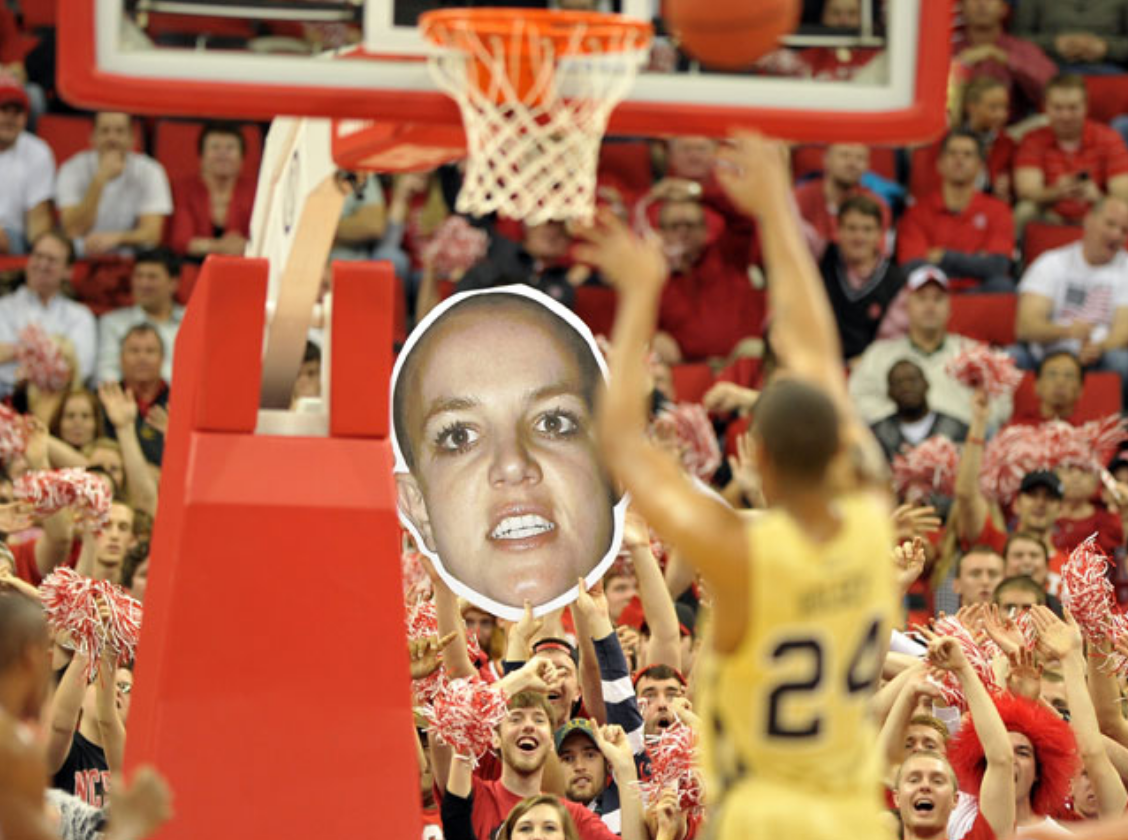
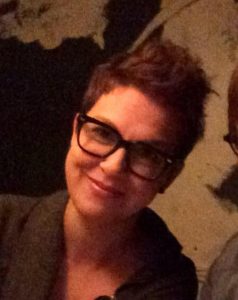 1. When people ask what you study, what do you tell them?
1. When people ask what you study, what do you tell them?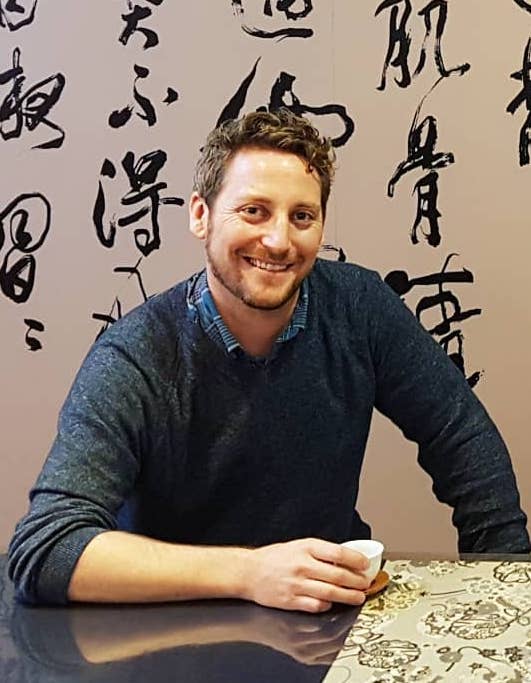 1. When people ask what you study, what do you tell them?
1. When people ask what you study, what do you tell them?
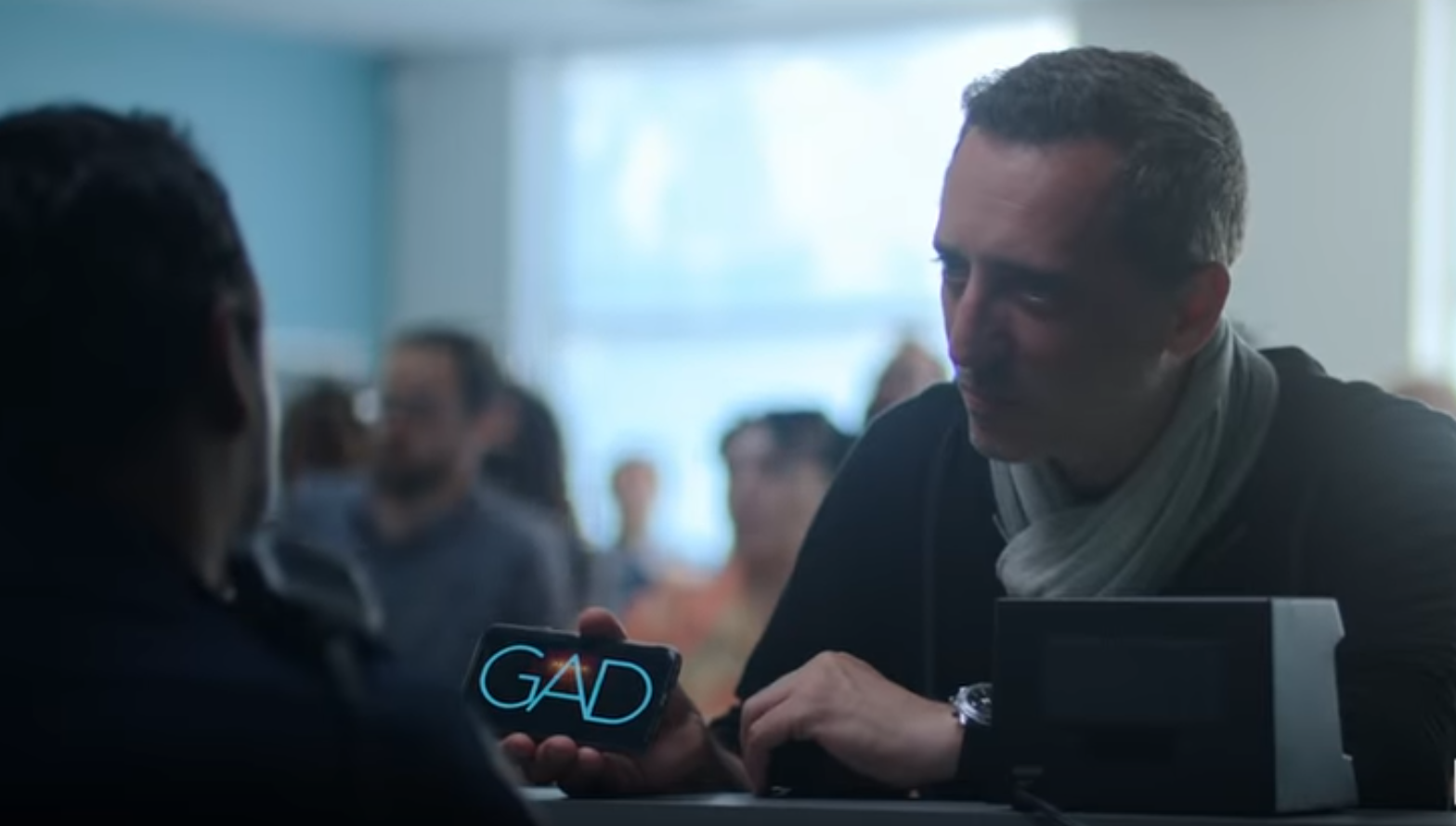
 1. When people ask what you study, what do you tell them?
1. When people ask what you study, what do you tell them?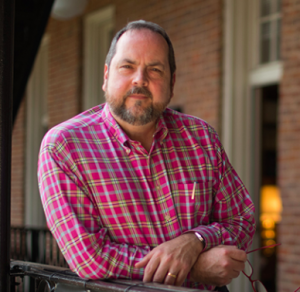 1. When people ask what you study, what do you tell them?
1. When people ask what you study, what do you tell them?